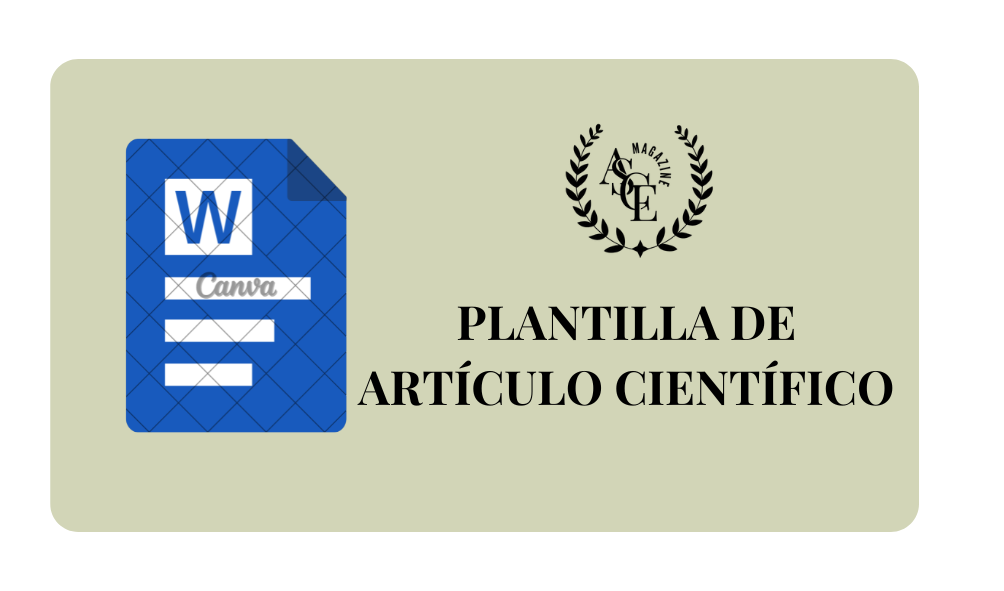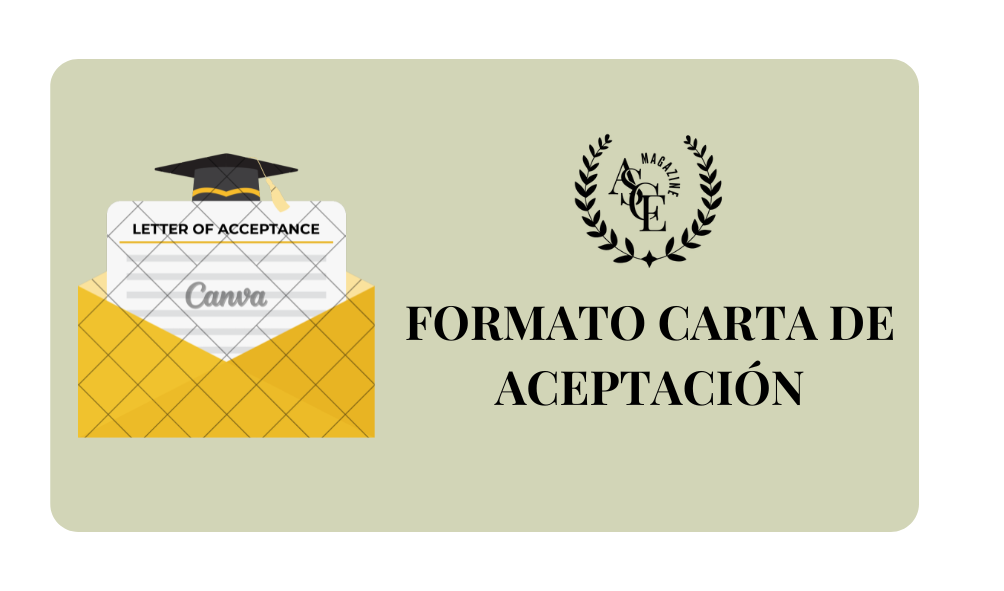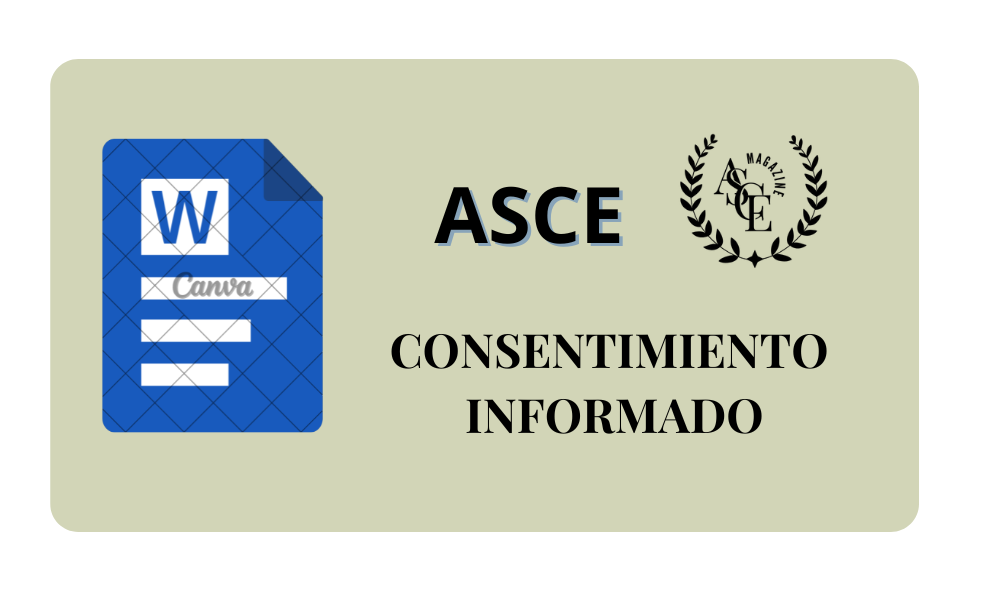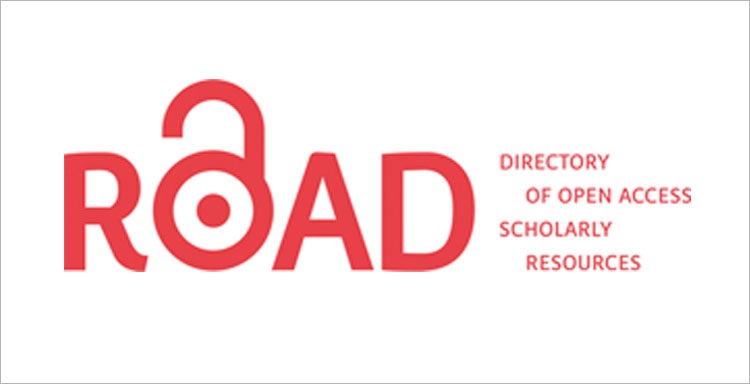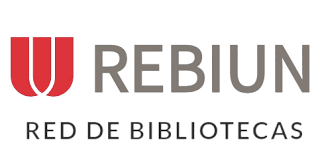Aplicación de la Inteligencia Artificial (IA) en la educación superior: Impacto, Factores determinantes y su relación con el aprendizaje
DOI:
https://doi.org/10.70577/ASCE/2183.2205/2025Palabras clave:
Aplicación informática, Aprendizaje, Educación superior, Inteligencia artificial, Tecnología avanzadaResumen
La Inteligencia Artificial (IA), ha progresado notablemente en la educación en general. El propósito de investigación ha sido evaluar la aplicación de la IA en la Educación Superior (ES); a través de un análisis sobre el impacto, factores y relación entre el uso de la IA y el aprendizaje. Se elaboró una revisión bibliográfica mediante el método PRISMA, y utilizó un enfoque cualitativo; se trabajó con la identificación, filtración, relación y análisis de 115 Artículos Científicos (AC), finalmente se generó una caracterización de los AC seleccionados para el estudio. En el impacto del uso de la IA en la ES, se conoció que la aplicación de la IA tiende a fortalecer y afianzar el aprendizaje de los estudiantes, sin embargo, es necesaria una actualización de conocimientos en los docentes, para asegurar la utilización responsable de la IA en la ES; se identificaron a los factores tecnológicos, pedagógicos, humanos y éticos, como aquellos que influencian los procesos de aprendizaje, es decir estos factores tienen la facultad de promover o regular el uso y eficacia de la IA en la educación; luego del análisis de la relación entre impacto de la IA y el aprendizaje, se conoció que la IA, al ser usada de forma adecuada permite fortalecer y retroalimentar el aprendizaje; por otra parte, existen posibles riesgos relacionados con la falta de autonomía humana y pensamiento crítico. Se recomienda incluir el uso de la IA en la ES, con la finalidad de agregar de forma eficiente avances tecnológicos en el aprendizaje.
Descargas
Citas
Adams, C., Pente, P., Lemermeyer, G., & Rockwell, G. (2023). Ethical principles for artificial intelligence in K-12 education. Computers and Education: Artificial Intelligence, 4, 100131. https://doi.org/10.1016/j.caeai.2023.100131 DOI: https://doi.org/10.1016/j.caeai.2023.100131
Alnasib, B. N. M. (2023). Factors Affecting Faculty Members’ Readiness to Integrate Artificial Intelligence into Their Teaching Practices: A Study from the Saudi Higher Education Context. International Journal of Learning, Teaching and Educational Research, 22(8), 465-491. https://doi.org/10.26803/ijlter.22.8.24 DOI: https://doi.org/10.26803/ijlter.22.8.24
Andreo, P., Ortiz-Martínez, V. M., Salar-García, M. J., Veiga-del-Baño, J. M., Chica, A., & Quesada-Medina, J. (2022). Waste animal fats as feedstock for biodiesel production using non-catalytic supercritical alcohol transesterification: A perspective by the PRISMA methodology. Energy for Sustainable Development, 69, 150-163. https://doi.org/10.1016/j.esd.2022.06.004 DOI: https://doi.org/10.1016/j.esd.2022.06.004
Cevikbas, M., & Kaiser, G. (2023). Can flipped classroom pedagogy offer promising perspectives for mathematics education on pandemic-related issues? A systematic literature review. ZDM – Mathematics Education, 55(1), 177-191. https://doi.org/10.1007/s11858-022-01388-w DOI: https://doi.org/10.1007/s11858-022-01388-w
Chen, L., Chen, P., & Lin, Z. (2020). Artificial Intelligence in Education: A Review. IEEE Access, 8, 75264-75278. https://doi.org/10.1109/ACCESS.2020.2988510 DOI: https://doi.org/10.1109/ACCESS.2020.2988510
Chima Abimbola Eden, Onyebuchi Nneamaka Chisom, & Idowu Sulaimon Adeniyi. (2024). Integrating AI in education: Opportunities, challenges, and ethical considerations. Magna Scientia Advanced Research and Reviews, 10(2), 006-013. https://doi.org/10.30574/msarr.2024.10.2.0039 DOI: https://doi.org/10.30574/msarr.2024.10.2.0039
Chun, H., Hwang, G., Tu, Y., & Yang, K. (2022). Roles and research trends of artificial intelligence in higher education: A systematic review of the top 50 most-cited articles. 38(3), 22-42.
Crompton, H., & Burke, D. (2023). Artificial intelligence in higher education: The state of the field. International Journal of Educational Technology in Higher Education, 20(1), 22. https://doi.org/10.1186/s41239-023-00392-8 DOI: https://doi.org/10.1186/s41239-023-00392-8
Furey, H., & Martin, F. (2019). AI education matters: A modular approach to AI ethics education. AI Matters, 4(4), 13-15. https://doi.org/10.1145/3299758.3299764 DOI: https://doi.org/10.1145/3299758.3299764
Galindo, H., Delgado, N., Losada, D., & Etxabe, J.-M. (2024). An analysis of the use of artificial intelligence in education in Spain: The in-service teacher’s perspective. Journal of Digital Learning in Teacher Education, 40(1), 41-56. https://doi.org/10.1080/21532974.2023.2284726 DOI: https://doi.org/10.1080/21532974.2023.2284726
George, B., & Wooden, O. (2023). Managing the Strategic Transformation of Higher Education through Artificial Intelligence. Administrative Sciences, 13(9), 196. https://doi.org/10.3390/admsci13090196 DOI: https://doi.org/10.3390/admsci13090196
Ghafarzadeh, M., & Irandoost, M. (2024). Artificial Intelligence in Education: Examining the Impact of AI on the Teaching-Learning Process. 6(11), 146-156.
Giannakos, M., Azevedo, R., Brusilovsky, P., Cukurova, M., Dimitriadis, Y., Hernandez-Leo, D., Järvelä, S., Mavrikis, M., & Rienties, B. (2025). The promise and challenges of generative AI in education. Behaviour & Information Technology, 44(11), 2518-2544. https://doi.org/10.1080/0144929X.2024.2394886 DOI: https://doi.org/10.1080/0144929X.2024.2394886
Hannan, E., & Liu, S. (2023). AI: New source of competitiveness in higher education. Competitiveness Review: An International Business Journal, 33(2), 265-279. https://doi.org/10.1108/CR-03-2021-0045 DOI: https://doi.org/10.1108/CR-03-2021-0045
Heilinger, J.-C., Kempt, H., & Nagel, S. (2024). Beware of sustainable AI! Uses and abuses of a worthy goal. AI and Ethics, 4(2), 201-212. https://doi.org/10.1007/s43681-023-00259-8 DOI: https://doi.org/10.1007/s43681-023-00259-8
Hofer, S. I., Nistor, N., & Scheibenzuber, C. (2021). Online teaching and learning in higher education: Lessons learned in crisis situations. Computers in Human Behavior, 121, 106789. https://doi.org/10.1016/j.chb.2021.106789 DOI: https://doi.org/10.1016/j.chb.2021.106789
Huang, J., Saleh, S., & Liu, Y. (2021). A Review on Artificial Intelligence in Education. Academic Journal of Interdisciplinary Studies, 10(3), 206. https://doi.org/10.36941/ajis-2021-0077 DOI: https://doi.org/10.36941/ajis-2021-0077
Kamalov, F., Santandreu Calonge, D., & Gurrib, I. (2023). New Era of Artificial Intelligence in Education: Towards a Sustainable Multifaceted Revolution. Sustainability, 15(16), 12451. https://doi.org/10.3390/su151612451 DOI: https://doi.org/10.3390/su151612451
Khan, S., Mazhar, T., Shahzad, T., Khan, M. A., Rehman, A. U., Saeed, M. M., & Hamam, H. (2025). Harnessing AI for sustainable higher education: Ethical considerations, operational efficiency, and future directions. Discover Sustainability, 6(1), 23. https://doi.org/10.1007/s43621-025-00809-6 DOI: https://doi.org/10.1007/s43621-025-00809-6
Kuleto, V., Ilić, M., Dumangiu, M., Ranković, M., Martins, O. M. D., Păun, D., & Mihoreanu, L. (2021). Exploring Opportunities and Challenges of Artificial Intelligence and Machine Learning in Higher Education Institutions. Sustainability, 13(18), 10424. https://doi.org/10.3390/su131810424 DOI: https://doi.org/10.3390/su131810424
Kumar, S., Rao, P., Singhania, S., Verma, S., & Kheterpal, M. (2024). Will artificial intelligence drive the advancements in higher education? A tri-phased exploration. Technological Forecasting and Social Change, 201, 123258. https://doi.org/10.1016/j.techfore.2024.123258 DOI: https://doi.org/10.1016/j.techfore.2024.123258
Malik, A. R., Pratiwi, Y., Andajani, K., Numertayasa, I. W., Suharti, S., Darwis, A., & Marzuki. (2023). Exploring Artificial Intelligence in Academic Essay: Higher Education Student’s Perspective. International Journal of Educational Research Open, 5, 100296. https://doi.org/10.1016/j.ijedro.2023.100296 DOI: https://doi.org/10.1016/j.ijedro.2023.100296
Ouyang, F., & Jiao, P. (2021). Artificial intelligence in education: The three paradigms. Computers and Education: Artificial Intelligence, 2, 100020. https://doi.org/10.1016/j.caeai.2021.100020 DOI: https://doi.org/10.1016/j.caeai.2021.100020
Rahiman, H. U., & Kodikal, R. (2024). Revolutionizing education: Artificial intelligence empowered learning in higher education. Cogent Education, 11(1), 2293431. https://doi.org/10.1080/2331186X.2023.2293431 DOI: https://doi.org/10.1080/2331186X.2023.2293431
Rapanta, C., Botturi, L., Goodyear, P., Guàrdia, L., & Koole, M. (2021). Balancing Technology, Pedagogy and the New Normal: Post-pandemic Challenges for Higher Education. Postdigital Science and Education, 3(3), 715-742. https://doi.org/10.1007/s42438-021-00249-1 DOI: https://doi.org/10.1007/s42438-021-00249-1
Schiff, D. (2022). Education for AI, not AI for Education: The Role of Education and Ethics in National AI Policy Strategies. International Journal of Artificial Intelligence in Education, 32(3), 527-563. https://doi.org/10.1007/s40593-021-00270-2 DOI: https://doi.org/10.1007/s40593-021-00270-2
Shabunina, V., O. Labenko, Horbachenko, A., Tsuprun, T., & Tsuprun. (2024). Technologies and Innovations in the Educational Process: Experience of the University of the Future. Futurity Education, 145-168. https://doi.org/10.57125/FED.2024.09.25.09 DOI: https://doi.org/10.57125/FED.2024.09.25.09
Slimi, Z. (2023). The Impact of Artificial Intelligence on Higher Education: An Empirical Study. European Journal of Educational Sciences, 10(1). https://doi.org/10.19044/ejes.v10no1a17 DOI: https://doi.org/10.19044/ejes.v10no1a17
Soler, A., Arnau-Paradís, A., Matallín-Sáez, J. C., Arnau-Notari, R., & Silvestre-Capilla, F. (2025). ARTIFICIAL INTELLIGENCE FOR HIGHER EDUCATION: IMPROVEMENT OR REVOLUTION? 7108-7112. https://doi.org/10.21125/inted.2025.1842 DOI: https://doi.org/10.21125/inted.2025.1842
Wang, S., Wang, F., Zhu, Z., Wang, J., Tran, T., & Du, Z. (2024). Artificial intelligence in education: A systematic literature review. Expert Systems with Applications, 252, 124167. https://doi.org/10.1016/j.eswa.2024.124167 DOI: https://doi.org/10.1016/j.eswa.2024.124167
Wang, Y., Liu, C., & Tu, Y. (2021). Factors Affecting the Adoption of AI-Based Applications in Higher Education: An Analysis of Teachers Perspectives Using Structural Equation Modeling. Educational Technology & Society, 24(3), 116-129.
Wan, W., Awang, N., & Mohd-Pauzi, N. (2024). An overview of the use of artificial intelligence (AI) tools in higher education/Wan Saiful ‘Azzam Wan Ismail, Nur Amalina Awang and Nooradzlina Mohd Pauzi. International Journal of e-Learning and Higher Education, 19(3), 27-39. DOI: https://doi.org/10.24191/ijelhe.v19n3.1932
Yu, H., & Guo, Y. (2023). Generative artificial intelligence empowers educational reform: Current status, issues, and prospects. Frontiers in Education, 8, 1183162. https://doi.org/10.3389/feduc.2023.1183162 DOI: https://doi.org/10.3389/feduc.2023.1183162
Yuskovych-Zhukovska, V., Poplavska, T., Diachenko, O., Mishenina, T., Topolnyk, Y., & Gurevych, R. (2022). Application of Artificial Intelligence in Education. Problems and Opportunities for Sustainable Development. BRAIN. Broad Research in Artificial Intelligence and Neuroscience, 13(1Sup1), 339-356. https://doi.org/10.18662/brain/13.1Sup1/322 DOI: https://doi.org/10.18662/brain/13.1Sup1/322
Zhai, C., Wibowo, S., & Li, L. D. (2024). The effects of over-reliance on AI dialogue systems on students’ cognitive abilities: A systematic review. Smart Learning Environments, 11(1), 28. https://doi.org/10.1186/s40561-024-00316-7 DOI: https://doi.org/10.1186/s40561-024-00316-7
Descargas
Publicado
Cómo citar
Número
Sección
Licencia
Derechos de autor 2025 César Jesús Eras Lévano, David Gabriel Balarezo León, Hamilton Steven Guerrero Granda, Ramiro Fernando Jaramillo Villafuerte

Esta obra está bajo una licencia internacional Creative Commons Atribución-NoComercial-SinDerivadas 4.0.
Eres libre de:
- Compartir : copiar y redistribuir el material en cualquier medio o formato
- Adaptar : remezclar, transformar y desarrollar el material
- El licenciante no puede revocar estas libertades siempre y cuando usted cumpla con los términos de la licencia.
En los siguientes términos:
- Atribución : Debe otorgar el crédito correspondiente , proporcionar un enlace a la licencia e indicar si se realizaron cambios . Puede hacerlo de cualquier manera razonable, pero no de ninguna manera que sugiera que el licenciante lo respalda a usted o a su uso.
- No comercial : no puede utilizar el material con fines comerciales .
- CompartirIgual — Si remezcla, transforma o construye sobre el material, debe distribuir sus contribuciones bajo la misma licencia que el original.
- Sin restricciones adicionales : no puede aplicar términos legales ni medidas tecnológicas que restrinjan legalmente a otros hacer algo que la licencia permite.






